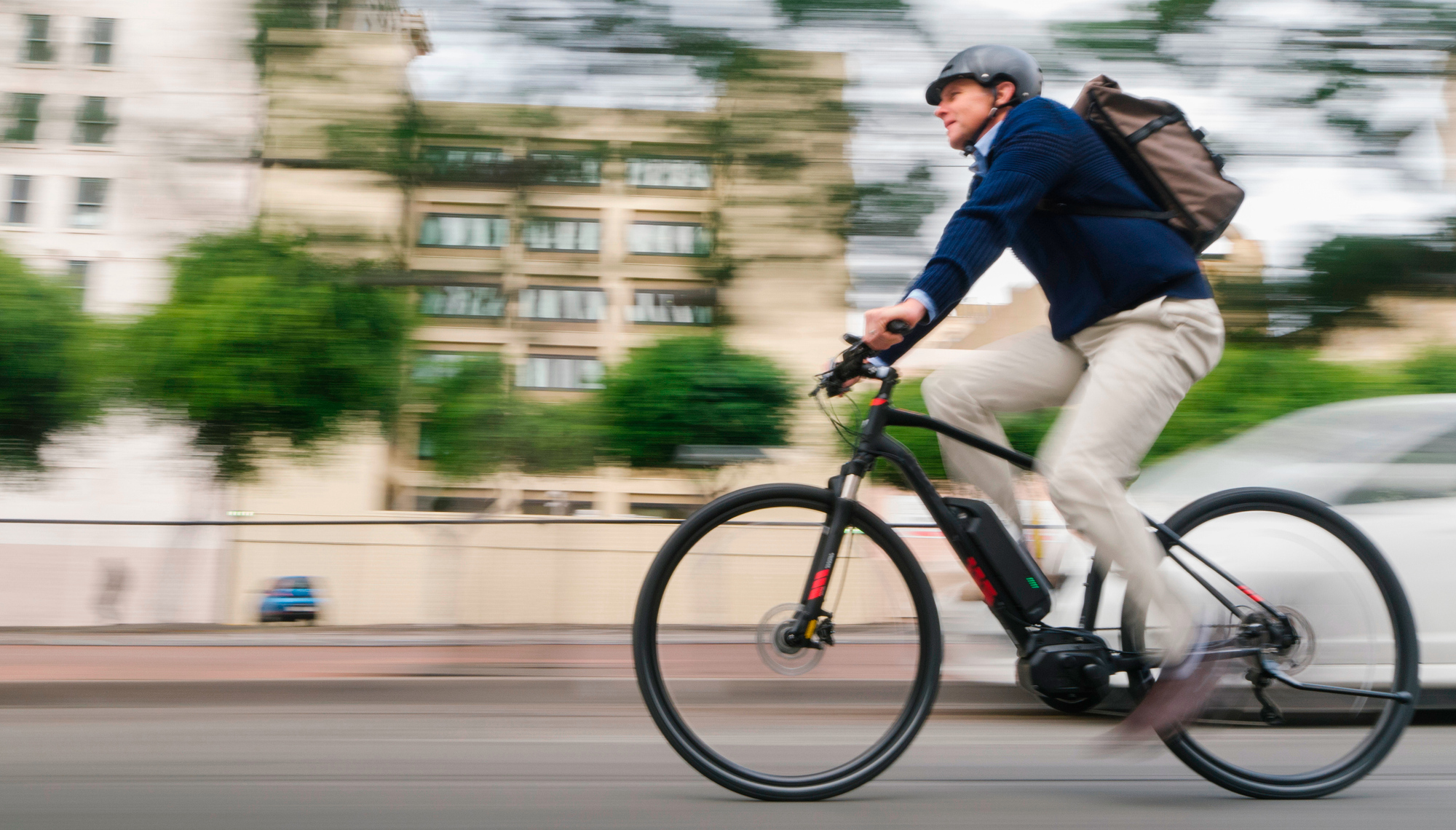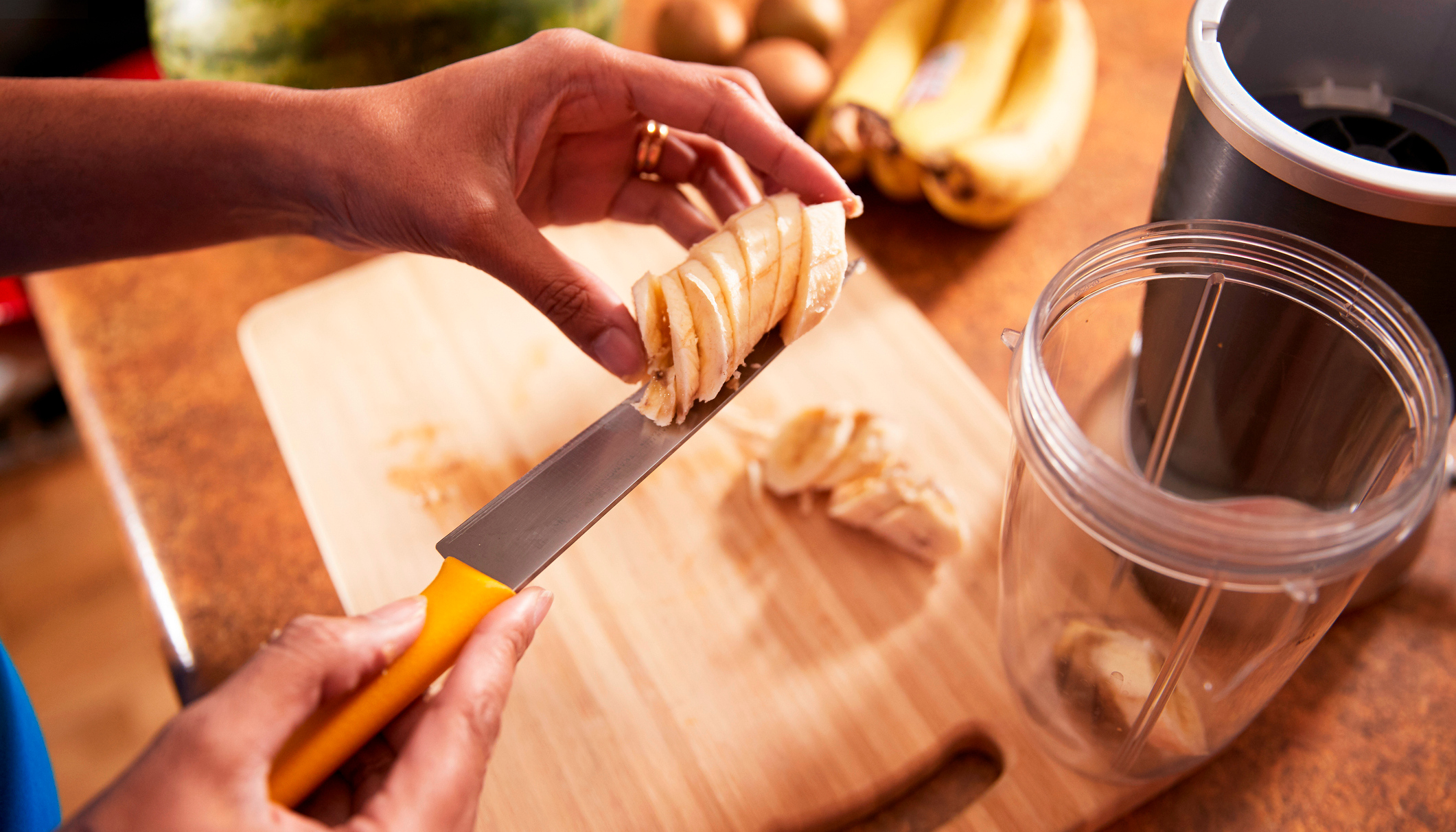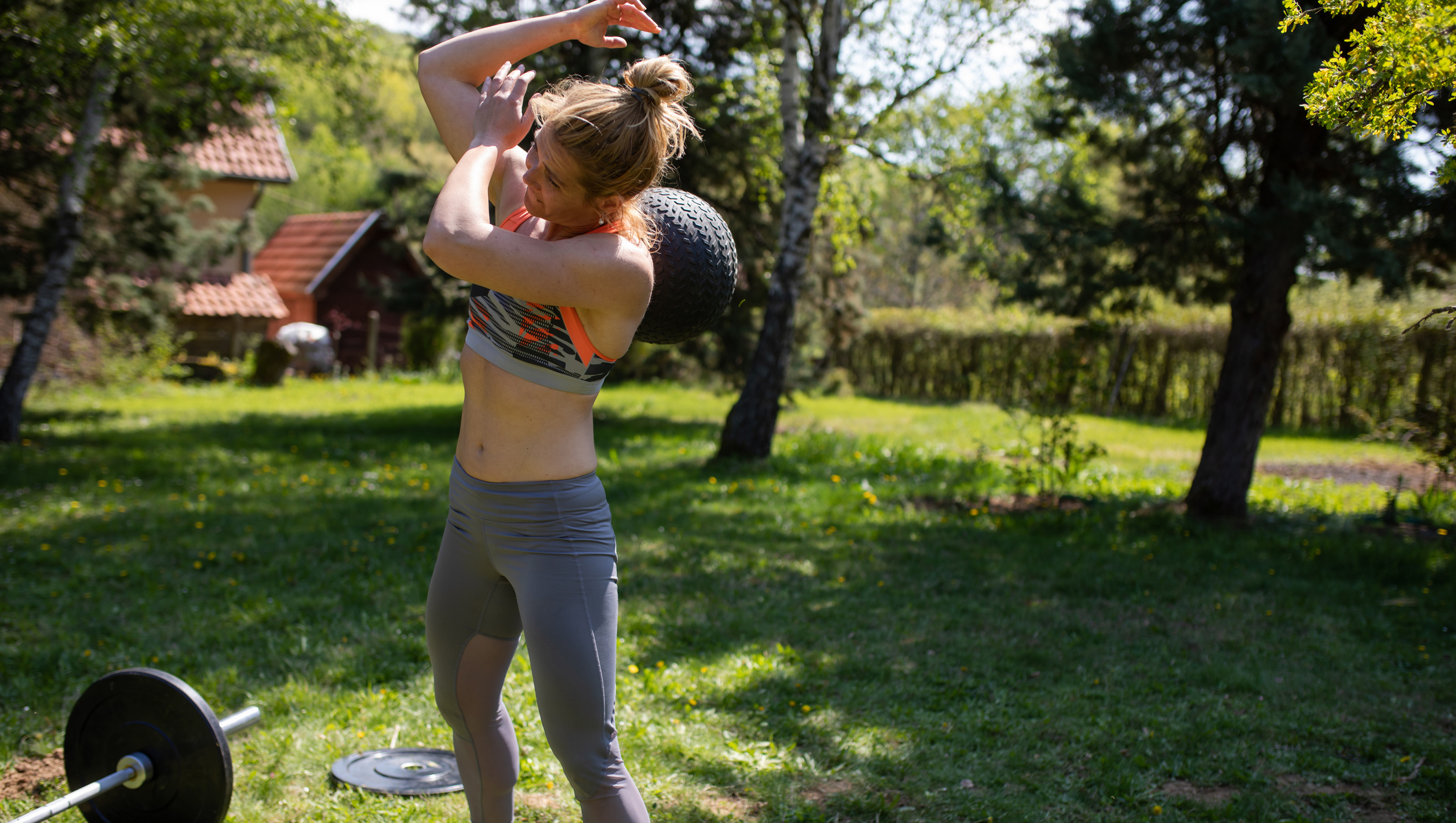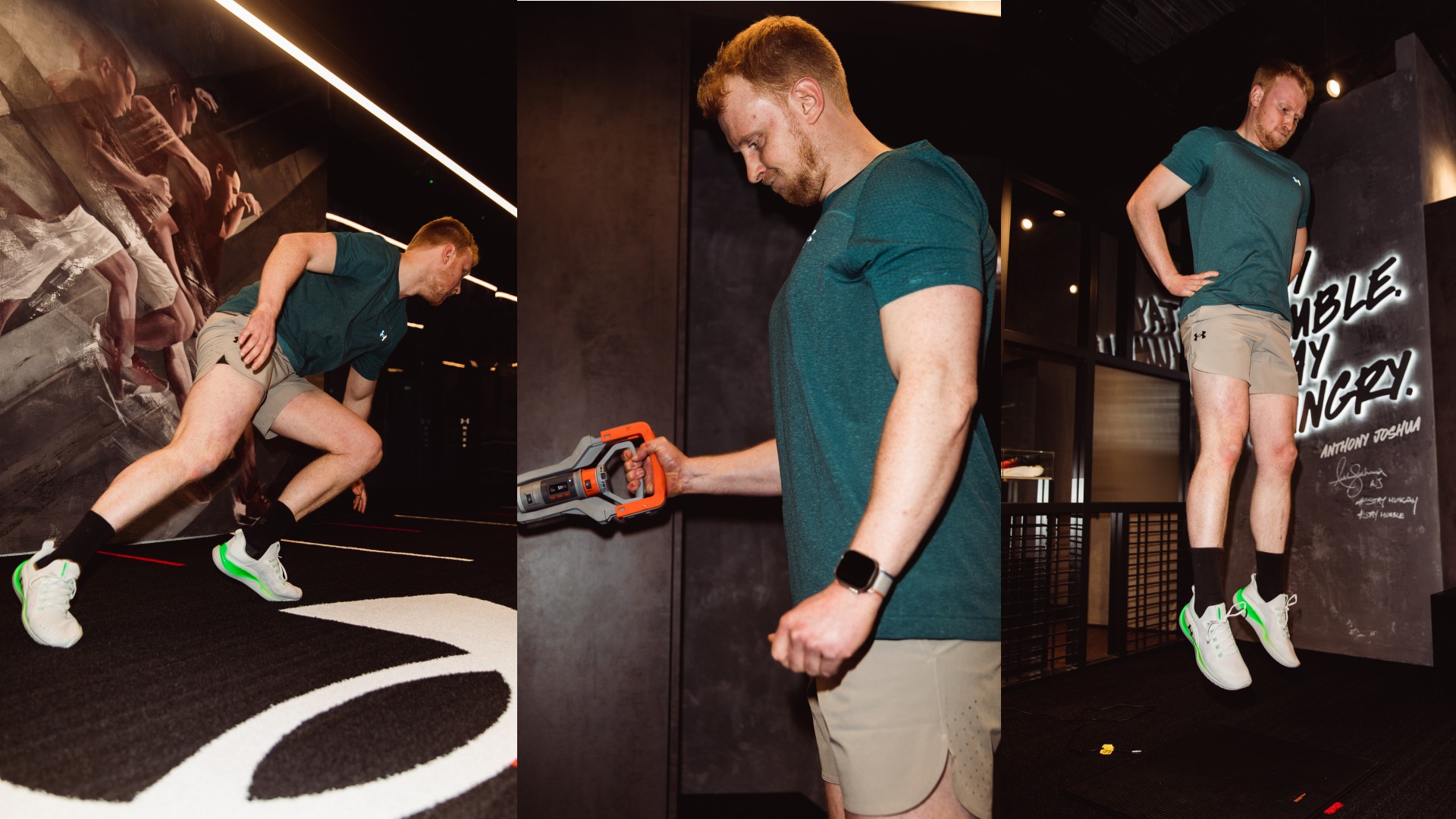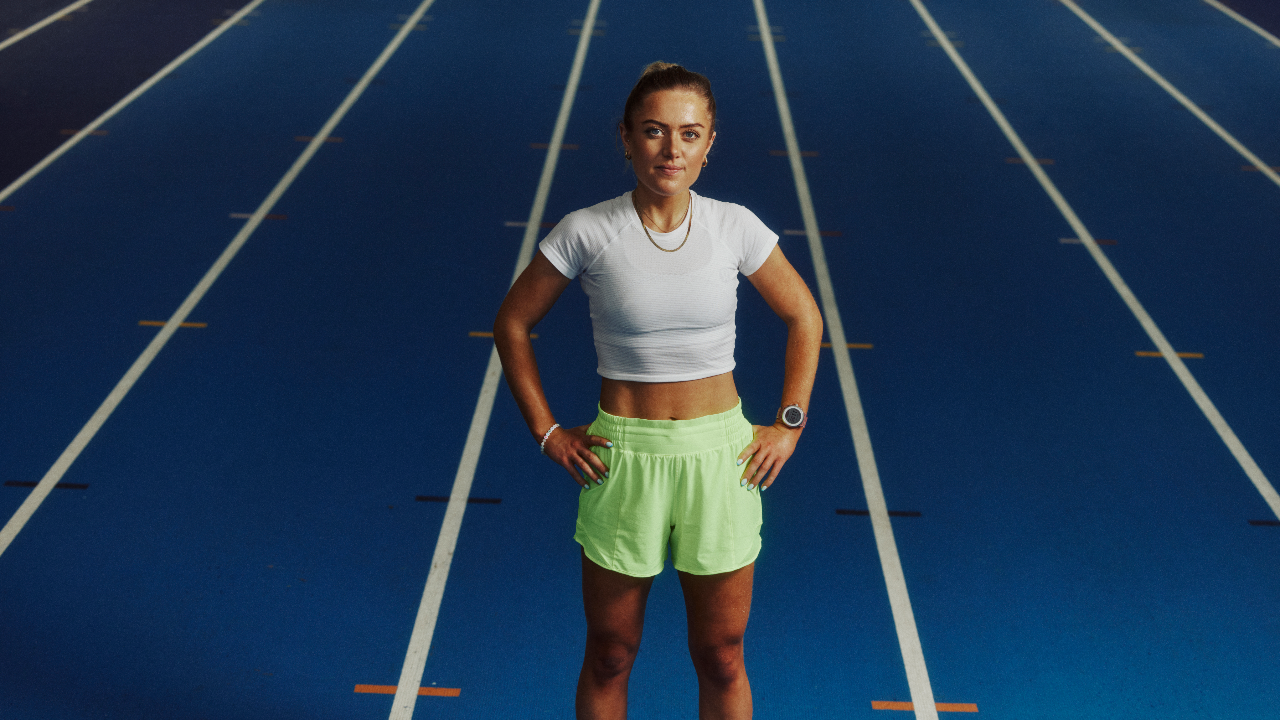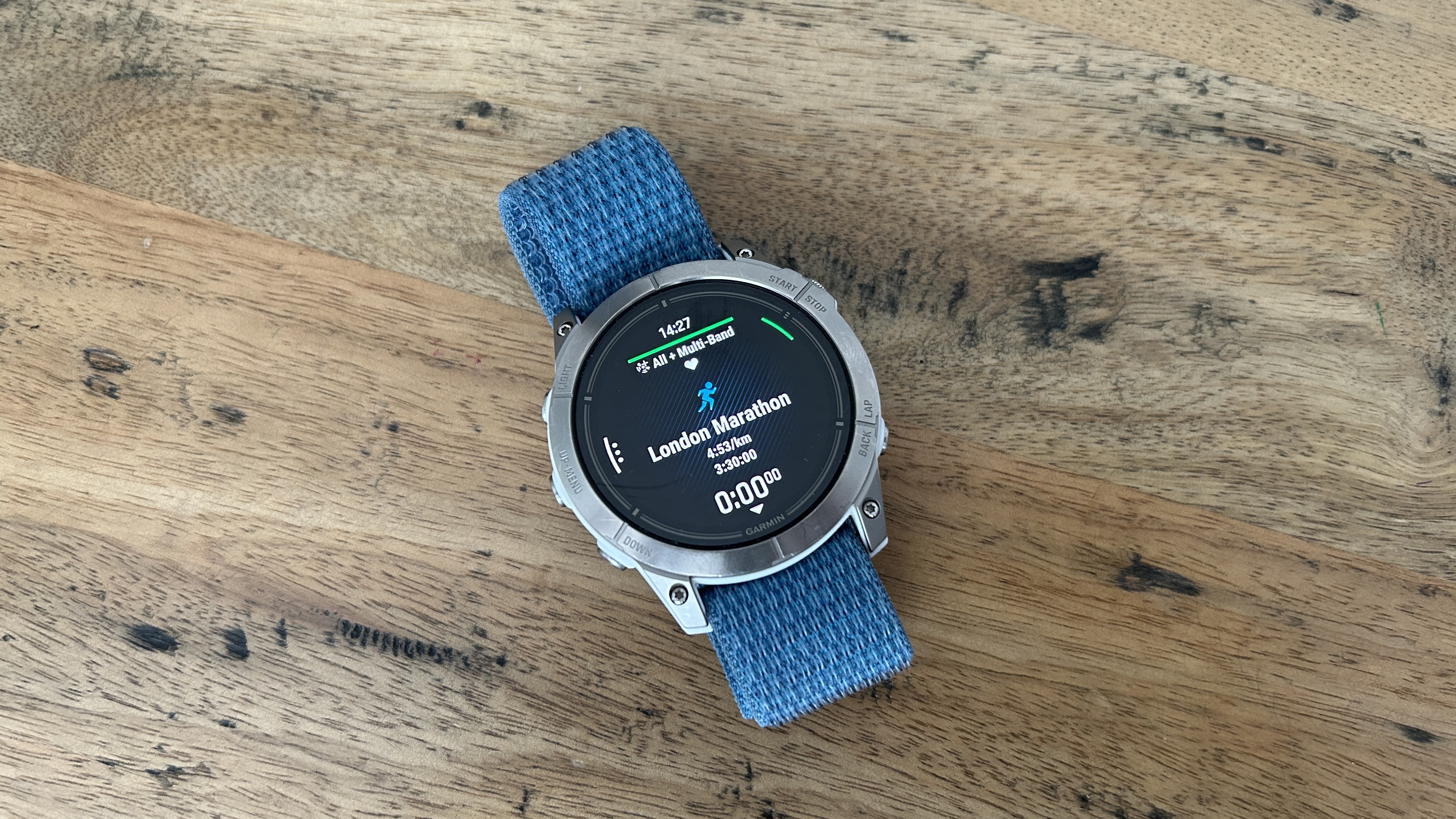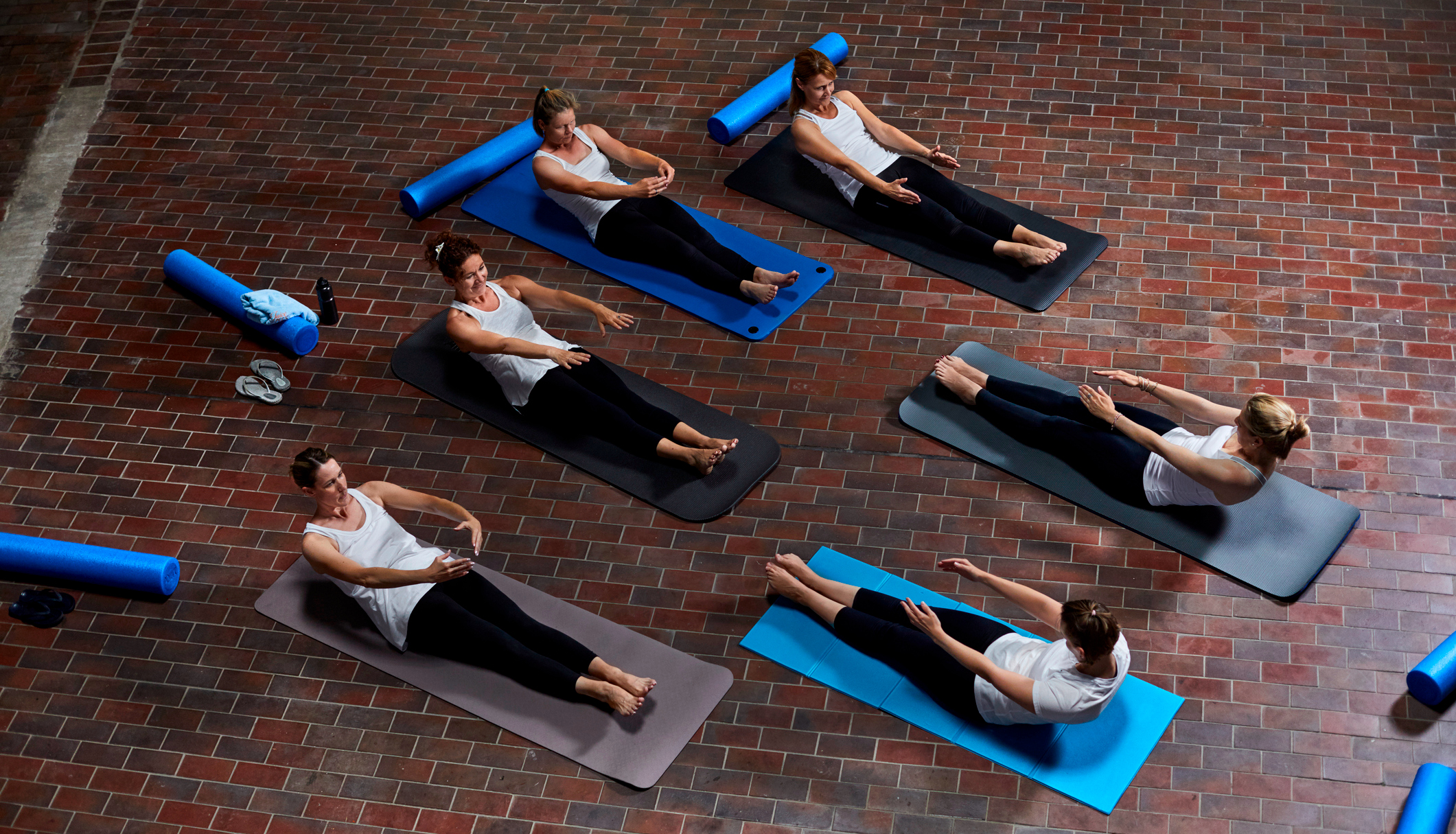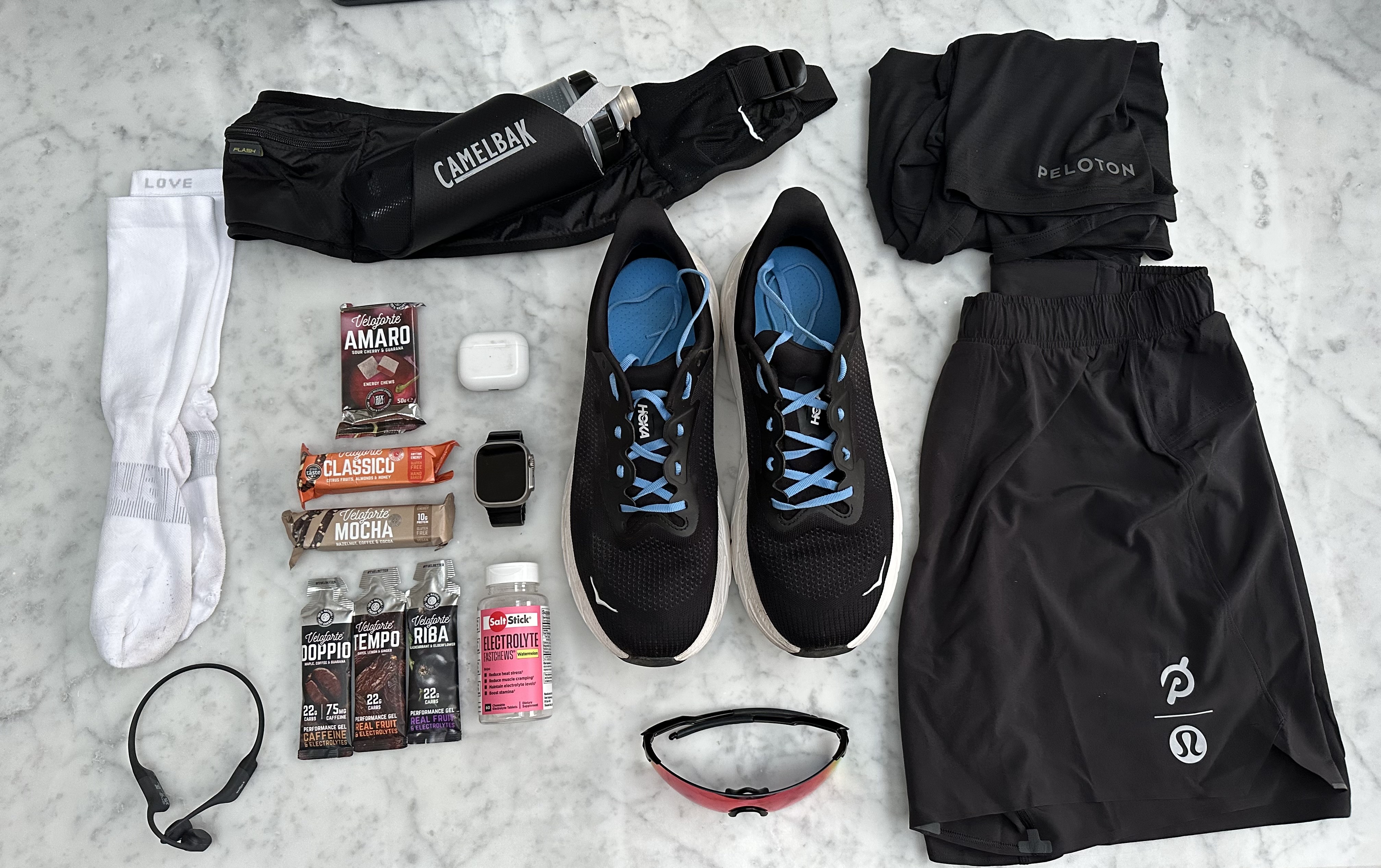How To Look After Running Shoes
Why it’s important to keep your running shoes dry and clean, and avoid the washing machine
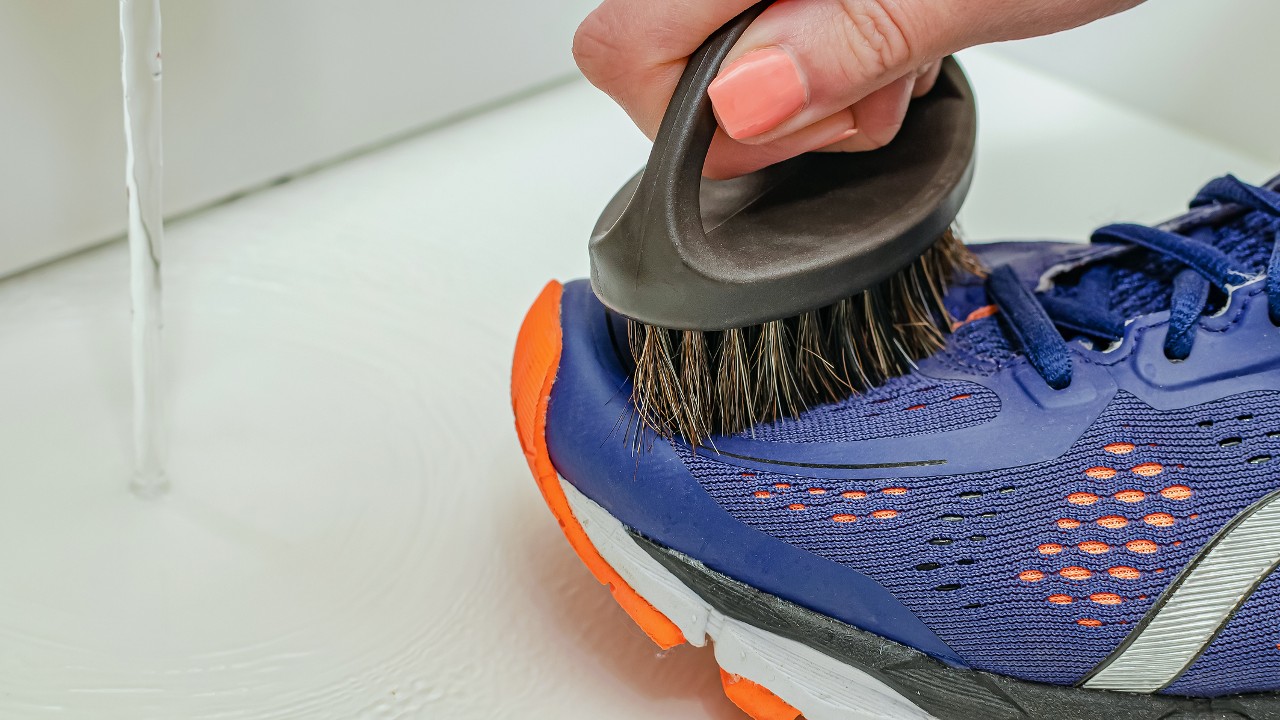
Runners tend to fall into two camps. One dutifully cleans and dries their running shoes regularly and shudders at the sight of a muddy upper. The other will happily bound through a swamp and head home without the slightest thought of cleaning their shoes afterwards.
One camp has the right of it, and it’s not the ones with stinking shoes sitting in their porch. If you’re spending big money on the best running shoes, it’s important to look after them, especially since the options for recycling running shoes are limited. For more information on how to look after your running shoes, we spoke to footwear consultant and Under Armour athlete, Emma Kirk Odunubi, who regular readers may recognise from the excellent strength workout for runners she contributed to Coach.
What are the key things to do to look after running shoes?
It’s important to keep them clean, from a bacteria perspective, and let the shoe dry out naturally after use. Don’t put it on a radiator because that can damage some of the materials and the cushioning.
Why should you avoid putting shoes on radiators?
Near the radiator is fine so they get a bit of latent heat, but don’t put shoes on top of the radiator when it’s on. A lot of shoes are made under heat conditions – the uppers are heat-moulded – so if you put it on a direct heat source like a radiator, then it can soften and melt some of those welded areas and the shoe loses its shape.
How is it best to store shoes?
A normal indoor environment is fine. If your shoe smells, scrunch up newspaper and put it in the shoe. It will absorb moisture and odour. Or you can get these little sneaker balls – chuck them in the shoes and they can keep them smelling nice.
How long do running shoes last?
I’d say 400 to 500 miles, give or take.
How can you tell when they need replacing?
One of the first ways to tell if a shoe is on its way out is if you have to tie your shoelaces super-tight – to the point where it's almost hurting – for your foot to be secure. That will be because the upper is not holding your foot as well. Underfoot, if you’re not feeling the cushioning there any more, and when you’re running you’re just hitting the ground and that’s all you can feel, that’s also a sign.
Then look at the outsole. For some people it can wear down a lot quicker than the cushioning. If there’s a full-on hole in the base of your shoe, it’s on its way out!
How do you track how many miles your shoes have done?
Most of the popular running apps allow you to link your shoe to workouts, which can help with tracking mileage.
Do running shoes degrade if stored without being used?
There will be a little bit of degradation of the cushioning. The cushioning material used changes a little bit between brands, but traditional EVA, which is what a lot of running shoes still use, has a shelf life.
When you see shoes on sale, and they are a two-years-previous model, just be aware that the cushioning will already have broken down a little. It might bring the average shoe lifespan of 400 to 500 miles down by about 50-100 miles.
Can a shoe rotation help look after your running shoes?
I always suggest a rotation to pretty much all my clients. If you’re running daily it means you can let your shoes dry out naturally. But also it can extend the life of the shoes by having two in rotation.
How do you clean running shoes?
If they get muddy, leave them out to dry – outdoors if you’ve got a porch or a balcony – and then use good old elbow grease with an old toothbrush and some Fairy liquid. Just scrub it.
Can you put running shoes in the washing machine?
As a traditionalist, I say absolutely not, but there are some people who will if they’re very muddy. If you’re going to put them in the washing machine, put them in a pillowcase, use a cold wash and take the laces out as well. If you put shoes in on a hot wash, it can break down the cushioning.
How about a dryer?
The dryer will just shrink them.
Microwave?
Definitely not. Absolutely not.
Get the Coach Newsletter
Sign up for workout ideas, training advice, reviews of the latest gear and more.

Nick Harris-Fry is a journalist who has been covering health and fitness since 2015. Nick is an avid runner, covering 70-110km a week, which gives him ample opportunity to test a wide range of running shoes and running gear. He is also the chief tester for fitness trackers and running watches, treadmills and exercise bikes, and workout headphones.

